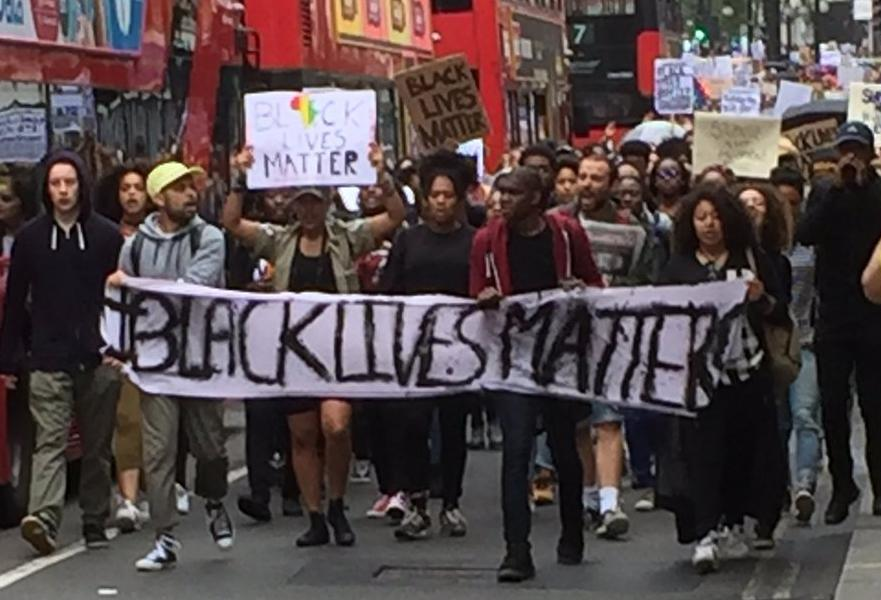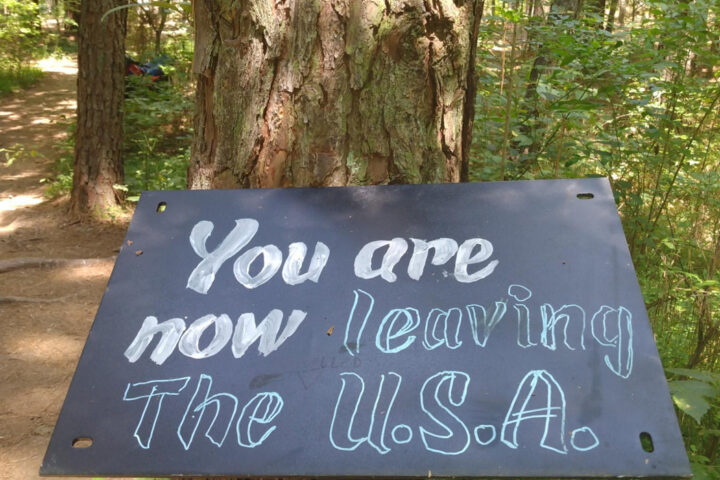Submitted to Autonomy New by John O
What Decolonising the Curriculum Really Means
“The English have a great reputation of taking over the world .. invading countries and then getting upset when those people follow them home.” Tommy Tierman
Throughout centuries of British imperialism, universities were not benevolent institutions who abstained from the violent massacring, plunder and invasion of 90% of the world’s countries. We must first understand what is meant by ‘colonial’ education and its intrinsic link to academia. The way in which we come to know, understand and view the world – what academics term ‘epistemology’ – is learned throughout our lifetimes from many influences, known as formal and informal agents of social control. These include the state, the law, religion, our families, our neighbourhoods and public opinion. This process is known as socialisation, and it is ideologically reinforced through our education. The British education system itself is firmly rooted in colonial epistemology, which centres and upholds the British empire and the forms that it takes today. What this can look like in schooling is a whitewashed retelling of the history of empire that speaks only to its ‘successes,’ whilst omitting its evils, the voices of the oppressed and the lasting legacy of imperialism today.
Within education, there exists a complex web of coded and overt systems through which some forms of knowledge are ‘legitimised’ – those which fit a narrow, conservative view of ‘British values’ and the government of the day’s agenda. This is no accident. Education in Britain has and continues to be greatly intertwined with the state. Decolonisation typically refers to the withdrawal of political, military and governmental rule of a colonised land by its invaders. Decolonising education, however, is often understood as the process in which we rethink, reframe and reconstruct the curricula and research that preserve the Europe-centred, colonial lens. It should not be mistaken for ‘diversification,’ as diversity can still exist within this western bias. Decolonisation goes further and deeper in challenging the institutional hierarchy and monopoly on knowledge, moving out of a western framework.
Read more: Sofia Akel, Each Other, https://is.gd/KUWqh1




